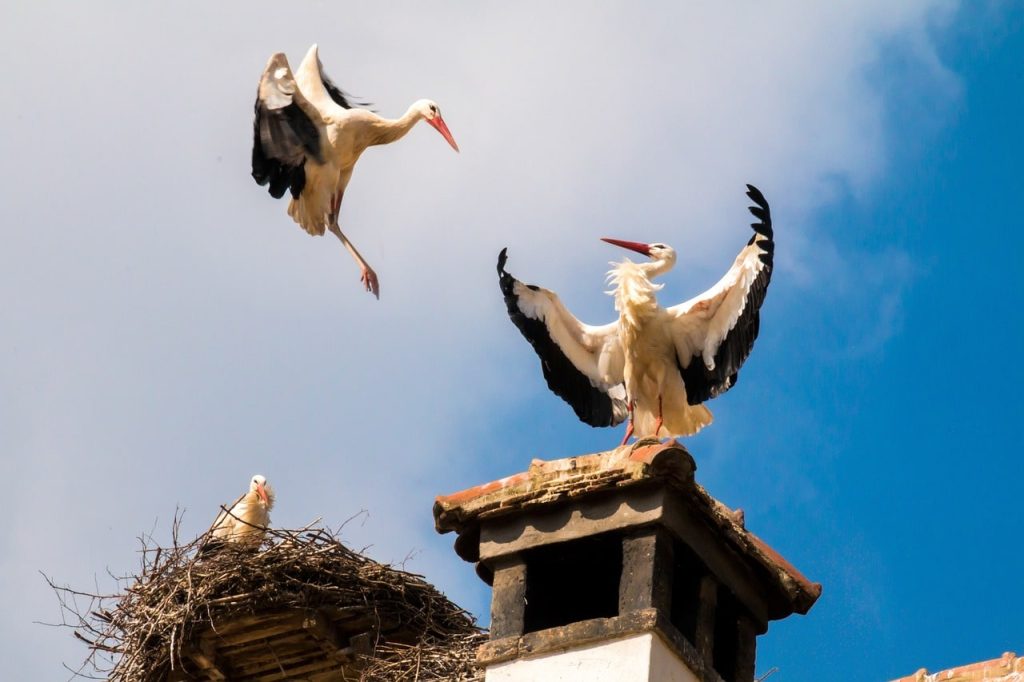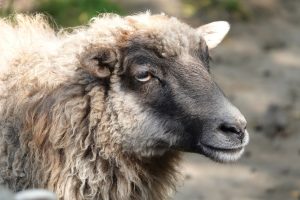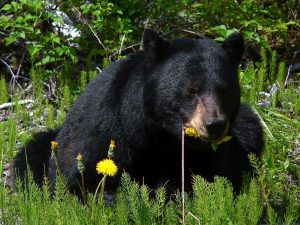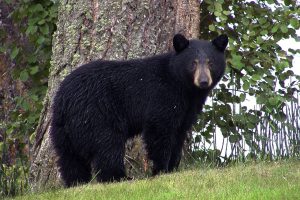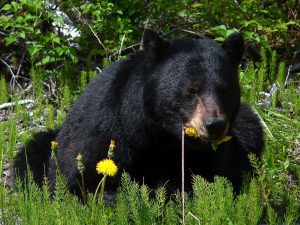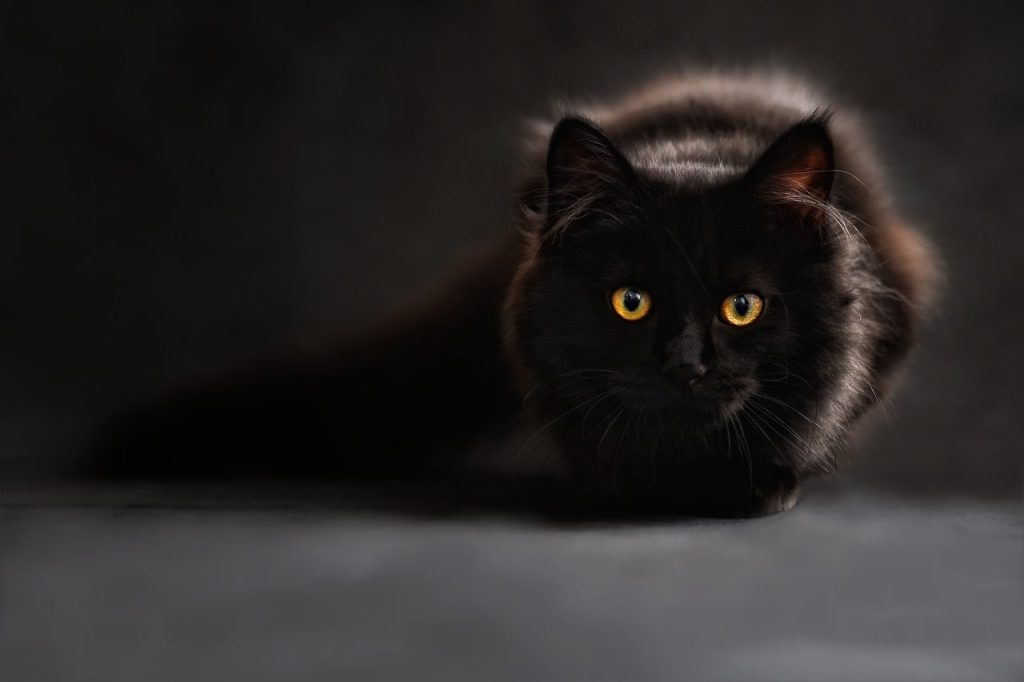Beliefs that explain such proximity.
Birds often choose unusual places for nesting, such as building facades, balconies, and roofs. Folk beliefs can explain the meaning of such proximity.
Even in metropolises, nature prevails, so it’s not surprising to have feathered neighbors. However, birds sometimes choose unconventional nesting sites. Experts recommend familiarizing oneself with folk beliefs to correctly interpret such proximity and gain valuable insights.
- A pigeon’s nest under the roof is believed to bring peace and prosperity to the entire household. If birds choose the balcony of a single person, they will soon meet their significant other. Such proximity promises an addition to the family, and the birds are capable of warding off any negativity from people.
- If blue tits visit your balcony or its vicinity, it signifies that wealth and prosperity will not leave your home. It is believed that these birds promise abundance and prosperity to the family near which they build their nest.
- The presence of sparrows promises quick and prosperous weddings for single individuals and a stable income and harmony among family members. If the birds settle on the balcony, ill-intentioned people won’t be able to cross the threshold.
- A magpie’s nest near a house is believed to indicate a possible fire hazard. However, fire is a symbol of purification, and if any unpleasantness occurs, it will be minor, and there will be no more troubles or problems in the house.
- Thrushes symbolize abundance if they dare to build their nest near a window, on a balcony, or under the eaves. The more fledglings hatch, the more colorful the life of the homeowners will be.
- Swallows’ nests have traditionally indicated that honest and honorable people reside in the house. Such proximity acts as a strong protector against any misfortune, so it is left undisturbed and cherished. Swallows often settle in houses where weddings will soon take place. Additionally, the birds’ nest promises the quick fulfillment of cherished desires.
- Crow and jackdaw nests are not the most pleasant neighbors. These birds often settle where there is a concentration of negative energy. When noticing such proximity, it is important to understand that the birds are not to blame, so their nests are not disturbed. On the contrary, upon seeing this sign, attention should be given to the energy of the house, cleansing it and acquiring strong talismans for protection against external negativity.
- Swifts settle in houses, heralding significant positive changes. Such proximity guarantees successful outcomes in serious matters and rapid good fortune.
- Nightingales are even rarer neighbors. Their nest near a house promises liberation from any problems and difficulties, success in affairs, and the disappearance of manipulators from one’s life. This gift of fate does not go unnoticed and is carefully guarded, as it ensures the peace of the melodious birds.
- Those who become lucky neighbors of wagtails can expect luck in the business environment, career growth, and success in business. These birds rarely settle near houses, but if luck smiles upon you, their nest promises only positive events.
- A wagtail’s nest safeguards family members against gossip and scandals. The belief suggests that feeding the birds that have built their nest near the house leads to success in family matters, the end of loneliness, and bidding farewell to manipulators.
- Storks that decide to settle near a person bring true luck. These birds promise not only an addition to the family but also wealth, prosperity, and robust health.
No matter the type of proximity, it is important to have a positive attitude towards unexpected guests. Birds don’t stay for long, so minor inconveniences can be tolerated. Whether or not one believes in omens is a personal choice, but maintaining a positive outlook and the ability to attract happiness into one’s life will help overcome any difficulties, even if the omens suggest otherwise.
The main reasons why birds settle near human homes.
Birds choosing to settle near human homes can be attributed to several main reasons. According to folk omens and beliefs, here’s what it signifies:
- Protection and Safety: Birds often seek shelter close to human dwellings for protection against predators or adverse weather conditions. This proximity is seen as a positive sign, indicating that the household will be safeguarded from harm and negativity.
- Availability of Food and Water: Human settlements often provide a stable source of food and water for birds. When birds choose to nest nearby, it suggests that the environment is abundant and prosperous, and the inhabitants will have their needs met.
- Coexistence with Nature: The presence of birds near human homes is considered a harmonious coexistence with nature. It signifies that the inhabitants are in tune with the natural world and have created a welcoming environment for wildlife.
- Symbol of Good Luck: Many folk beliefs consider birds near homes as symbols of good luck and fortune. Different bird species have specific associations with prosperity, love, protection, or other positive aspects of life. The specific bird species and its behavior can offer insights into the type of luck or blessings that may come to the household.
- Spiritual Messengers: In some cultures, birds are seen as spiritual messengers or omens. Their presence near human homes is believed to convey messages from the spiritual realm or serve as signs of guidance and protection.
- Connection to the Divine: Birds have long been associated with spirituality and the divine. The proximity of birds to human homes can be seen as a reminder of the sacredness and interconnectedness of all living beings.
It’s important to note that interpretations of bird presence near human homes may vary across different cultures and beliefs. These interpretations are rooted in folklore and may hold personal significance to individuals who adhere to these beliefs.
Популярні породи та тренди 2026 року.
⚠️ We suggest that you read all the opinions on our portal and take note of them at your own discretion. Do not self-medicate! In our articles we collect the latest scientific data and opinions of authoritative experts in the field of health care. But remember: only a doctor can diagnose and treat.
The portal is intended for users over 13 years old. Some materials may not be suitable for children under the age of 16. We do not collect personal data from children under 13 without parental consent.We have a small request. We strive to create quality content about pet care, and we make it available for free to everyone because we believe everyone deserves accurate and useful information.
Advertising revenue only covers a small portion of our costs, and we want to continue to provide content without having to increase advertising. If you have found our content useful, please support us. It only takes a minute, but your support will help us reduce our reliance on advertising and create even more useful articles. Thank you!
